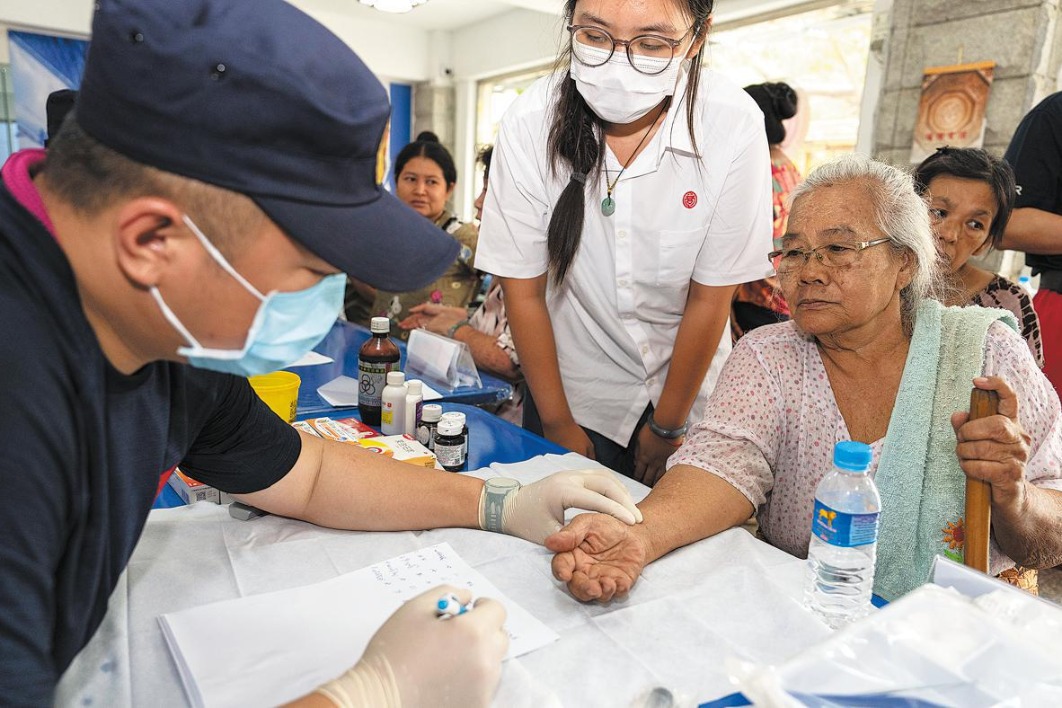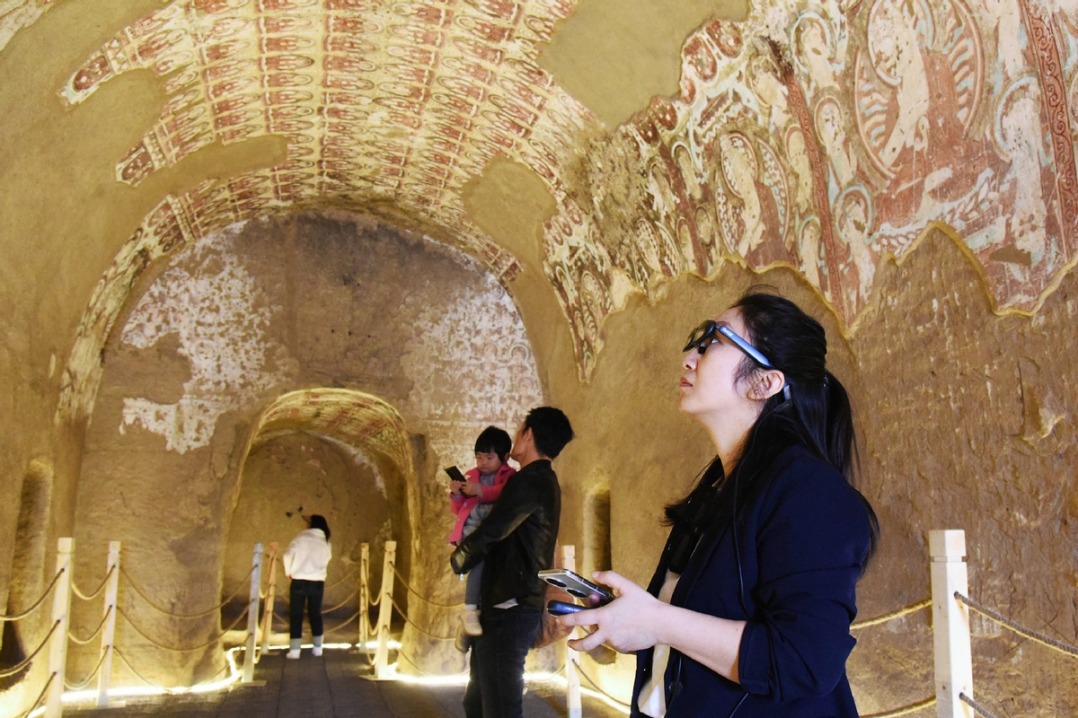Giving the past a future
Restoration expert highlights the context of his findings, Wang Ru reports.
By WANG RU | China Daily | Updated: 2024-05-11 11:15

Clad in a white coat and wielding tools akin to surgical instruments, Ren Wei describes his daily work as a practice of healing, like a doctor tending to patients.
Over the past 12 years, the relic restorer at Shandong Museum in Jinan, Shandong's provincial capital, has breathed new life into more than 3,000 cultural relics, restoring them to their former grandeur.
Each restoration project unfolds like a medical procedure, beginning with a thorough diagnosis of the artifact's condition based on information Ren and his team collect from various sources, including its weight, size and photos taken. A detailed plan for restoration will be devised after discussions. Then come meticulous procedures, such as cleaning, returning it to its original shape, and tackling corrosion.
Through a blend of traditional techniques and modern technology, Ren and his colleagues meticulously record — in both paper and digital form — every phase of the restoration process, ensuring that each relic's journey to renewal is itself well-preserved.
The restoration of a Tang Dynasty (618-907) spherical bronze censer in 2018 particularly impressed him. The ornate openwork of the censer — about the size of two clenched fists — concealed a hidden plate for sachets that was always meant to face upward regardless of the censer's movements. Yet, when it was unearthed, time had done its damage.
Engrossed in the restoration process, Ren marveled at the artifact's intricacy, a testament to the ancient craftsmen's ingenuity."The exquisiteness and wisdom woven into this piece are truly awe-inspiring," says the 41-year-old.
This tale of restoration is but one chapter in Ren's illustrious career.
He mostly works with metal artifacts unearthed in Shandong, such as gold, silver, and iron ware, and has a special affinity for the timeless allure of bronze.
The primary goal is to restore the artifacts completely in appearance so that they can be put on display and free of the corrosion that threatens them, says Ren.
Yet, just like a patient with a complex ailment, some relics bear scars too deep to fully erase. These fragile pieces require special care and environmental consideration, including temperature and humidity controls, to safeguard their delicate existence, he adds.























